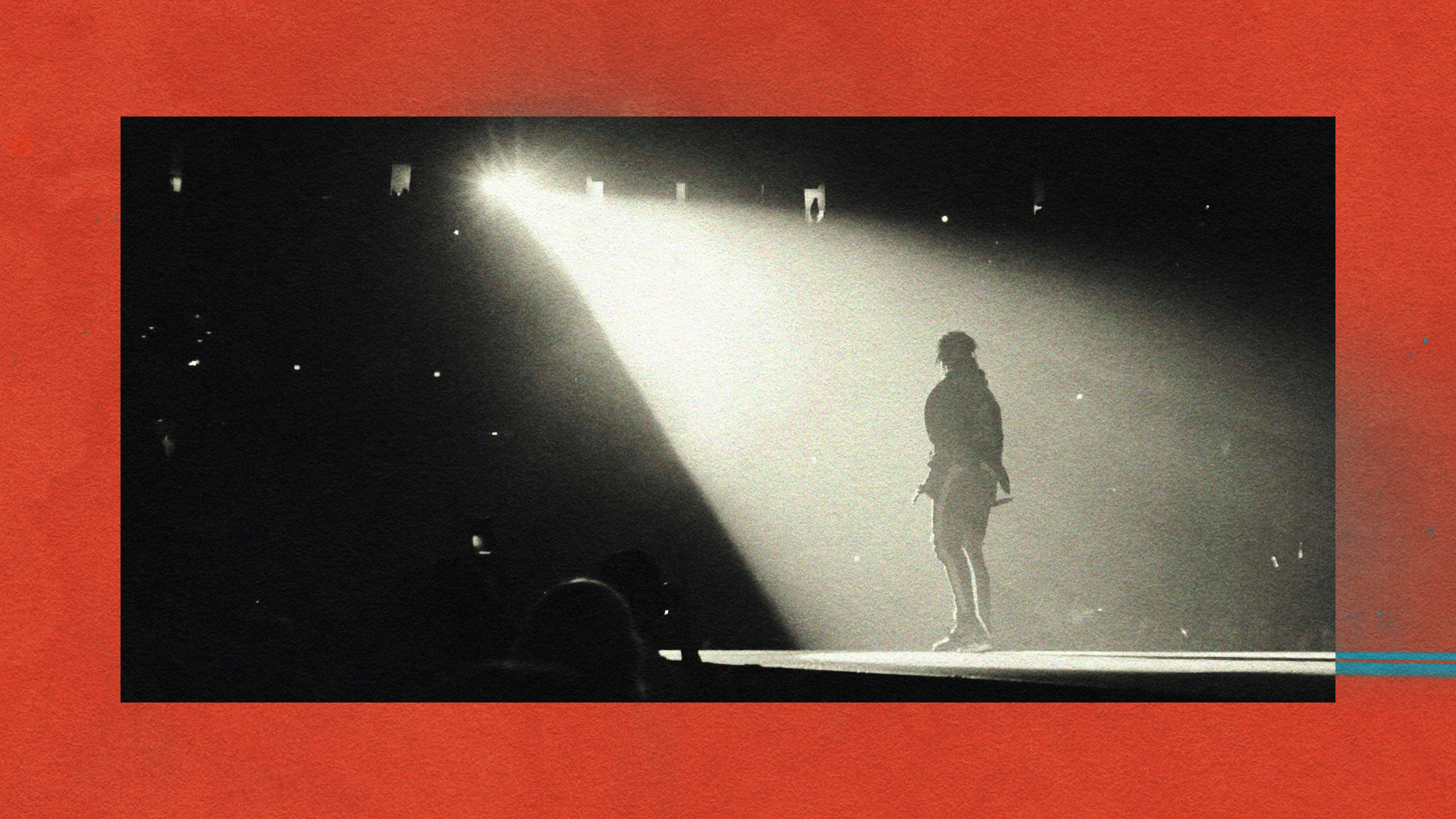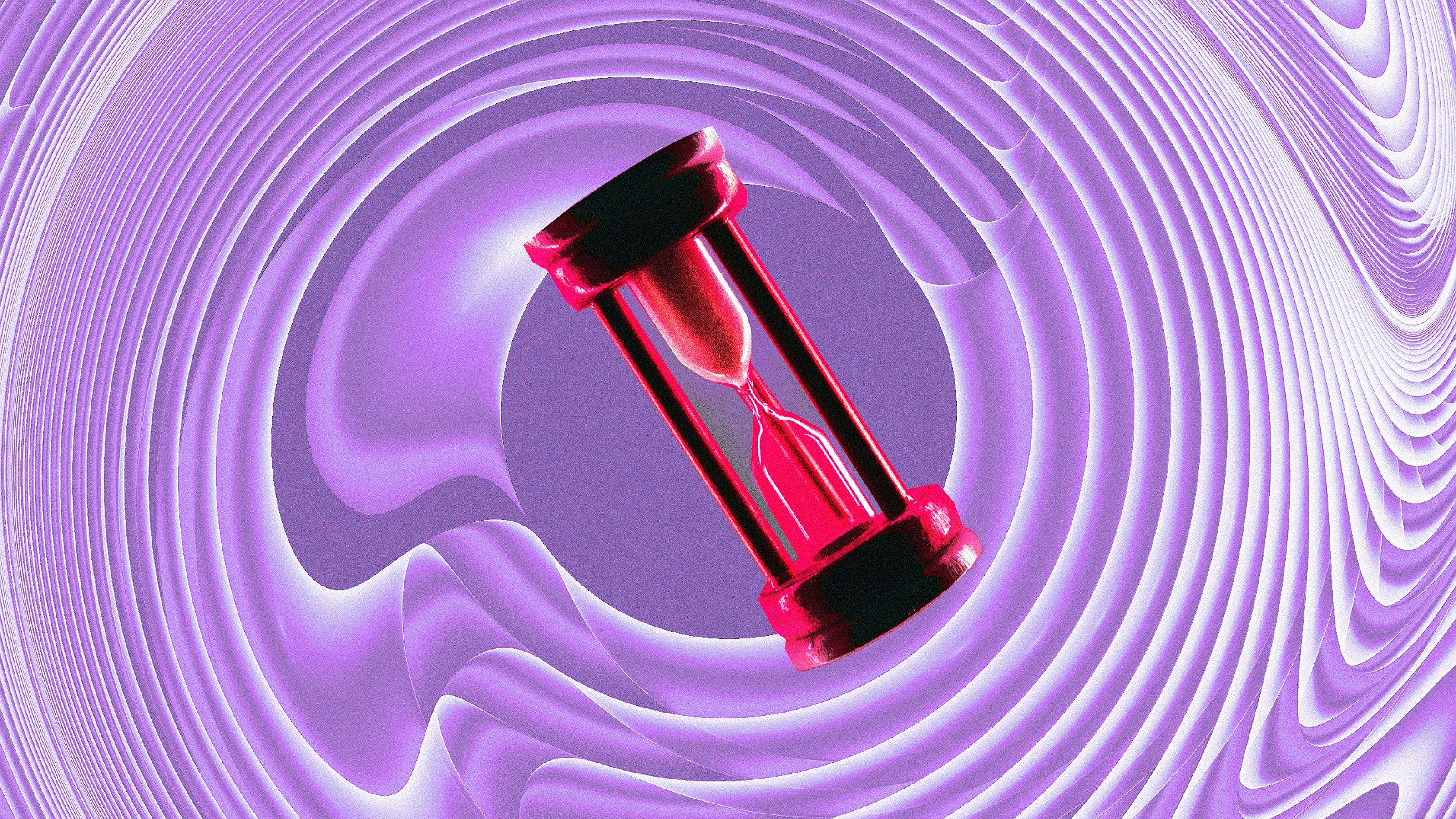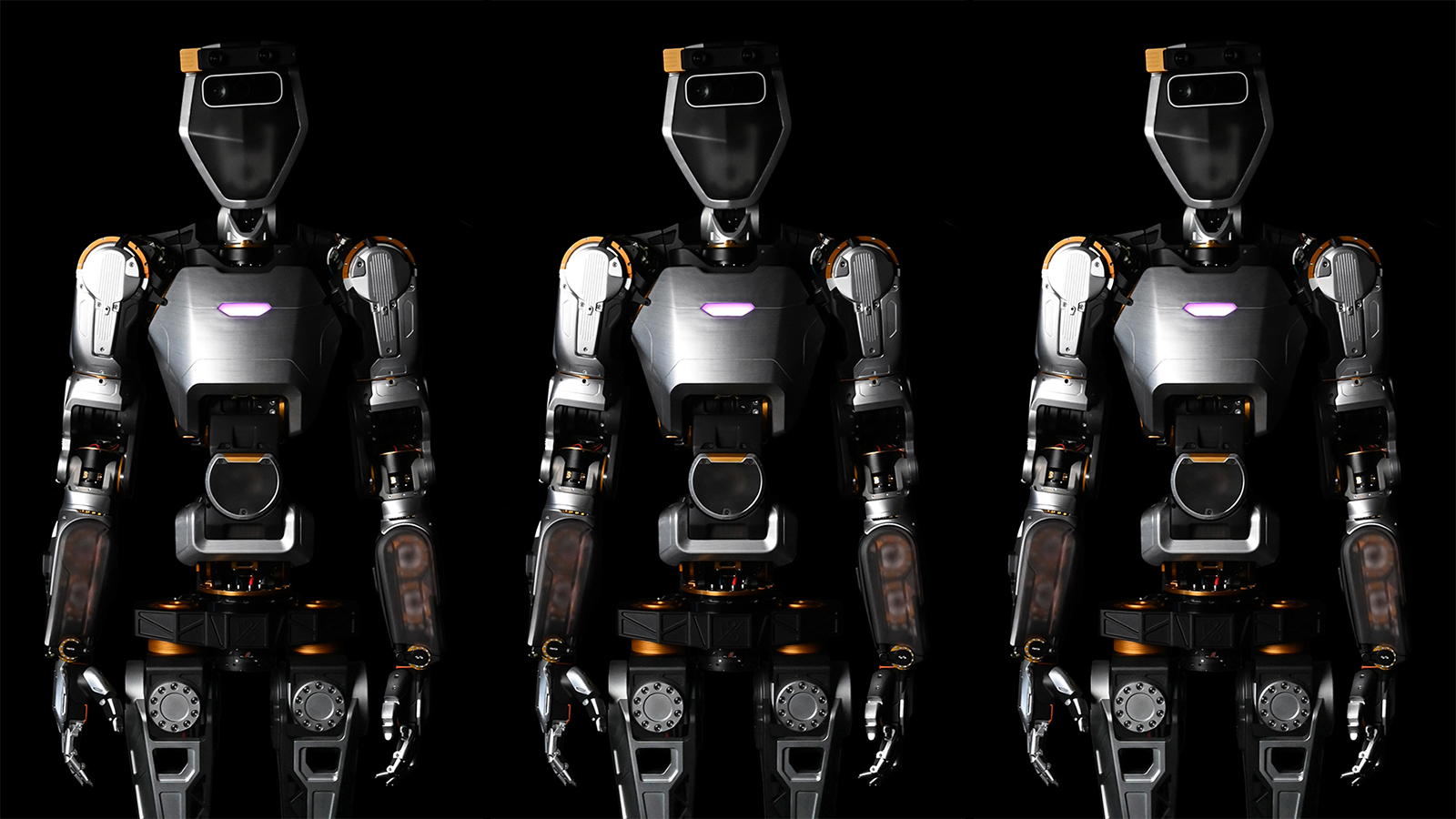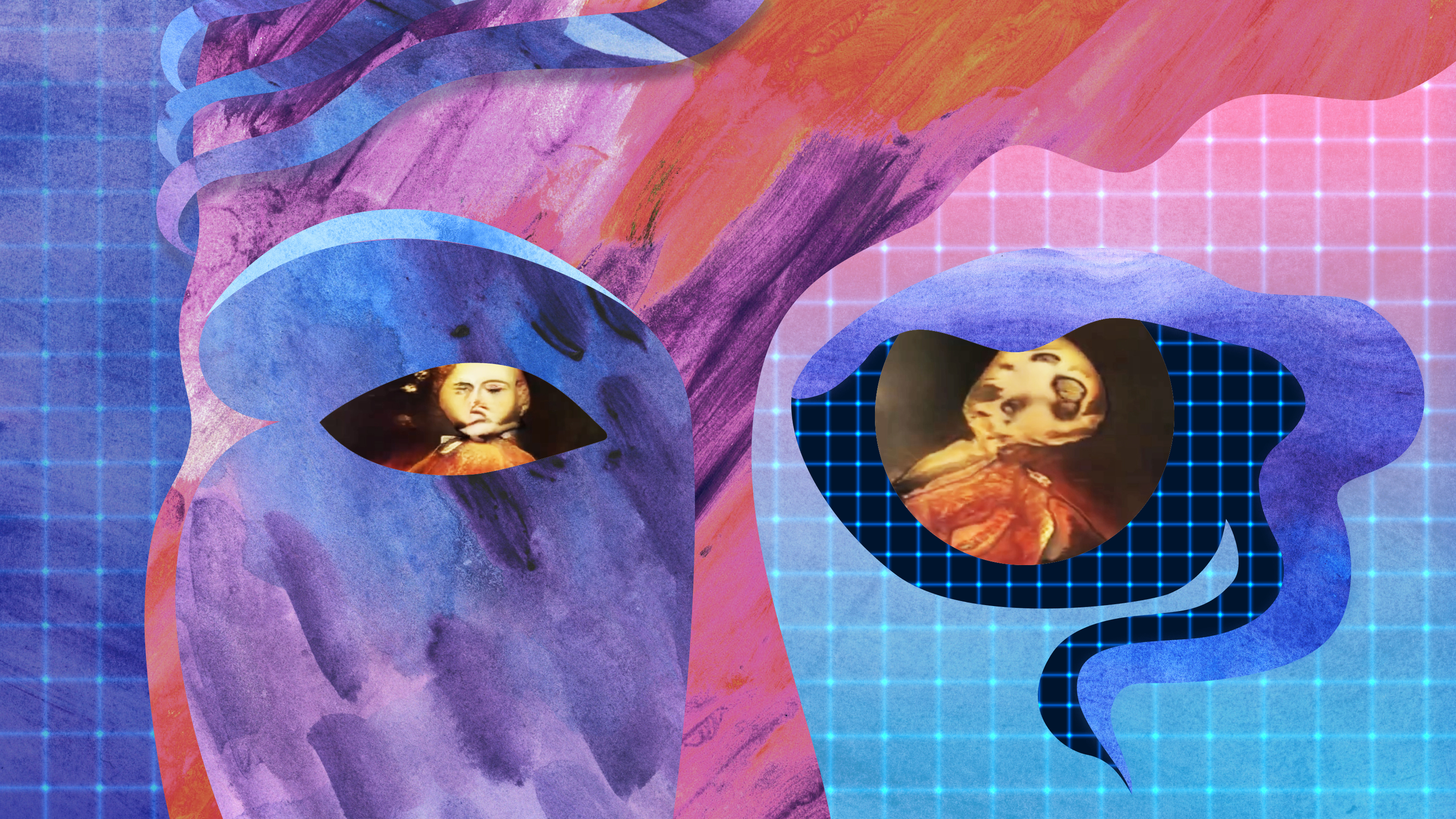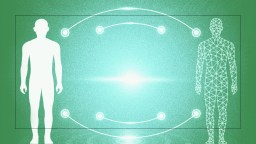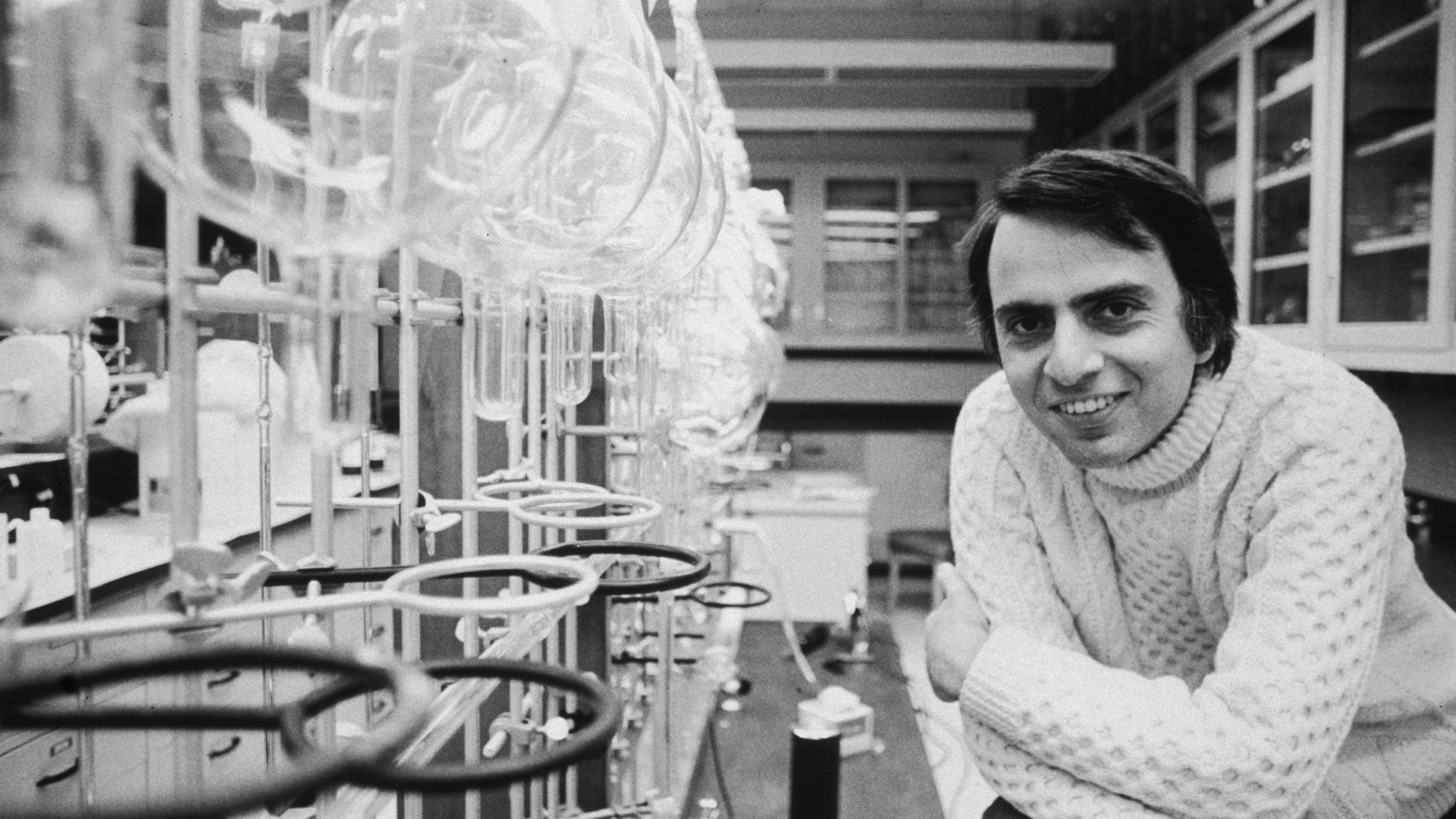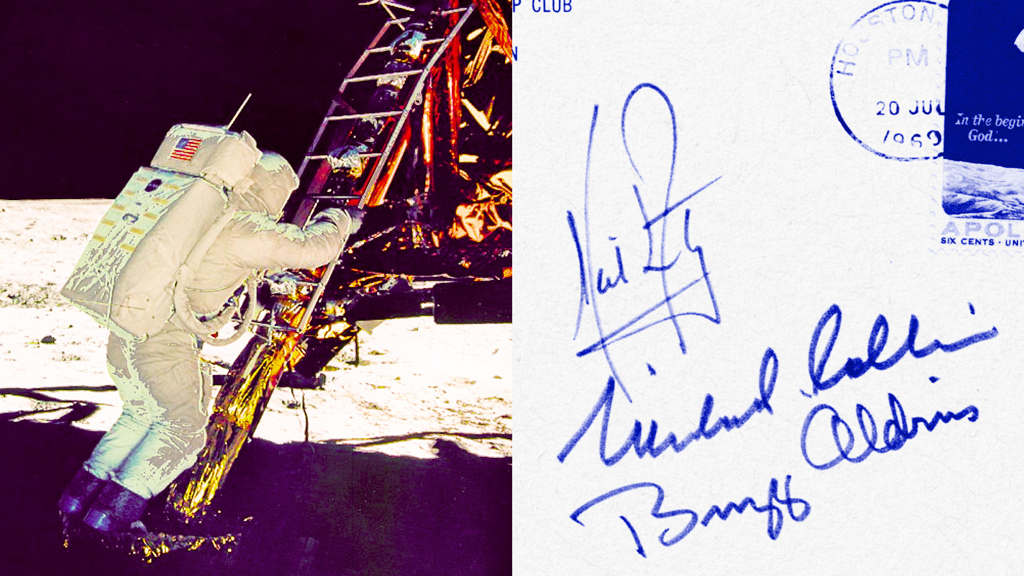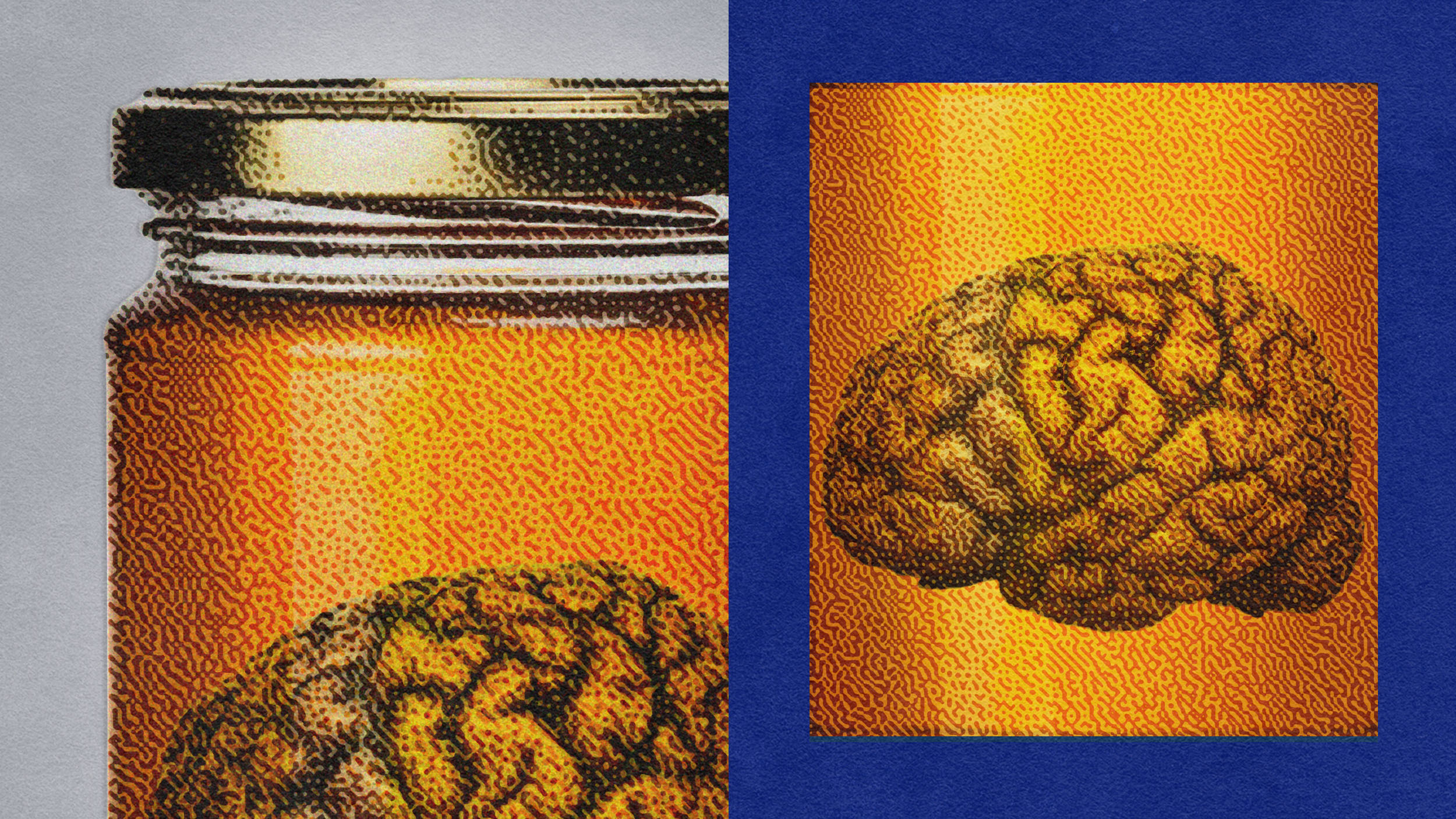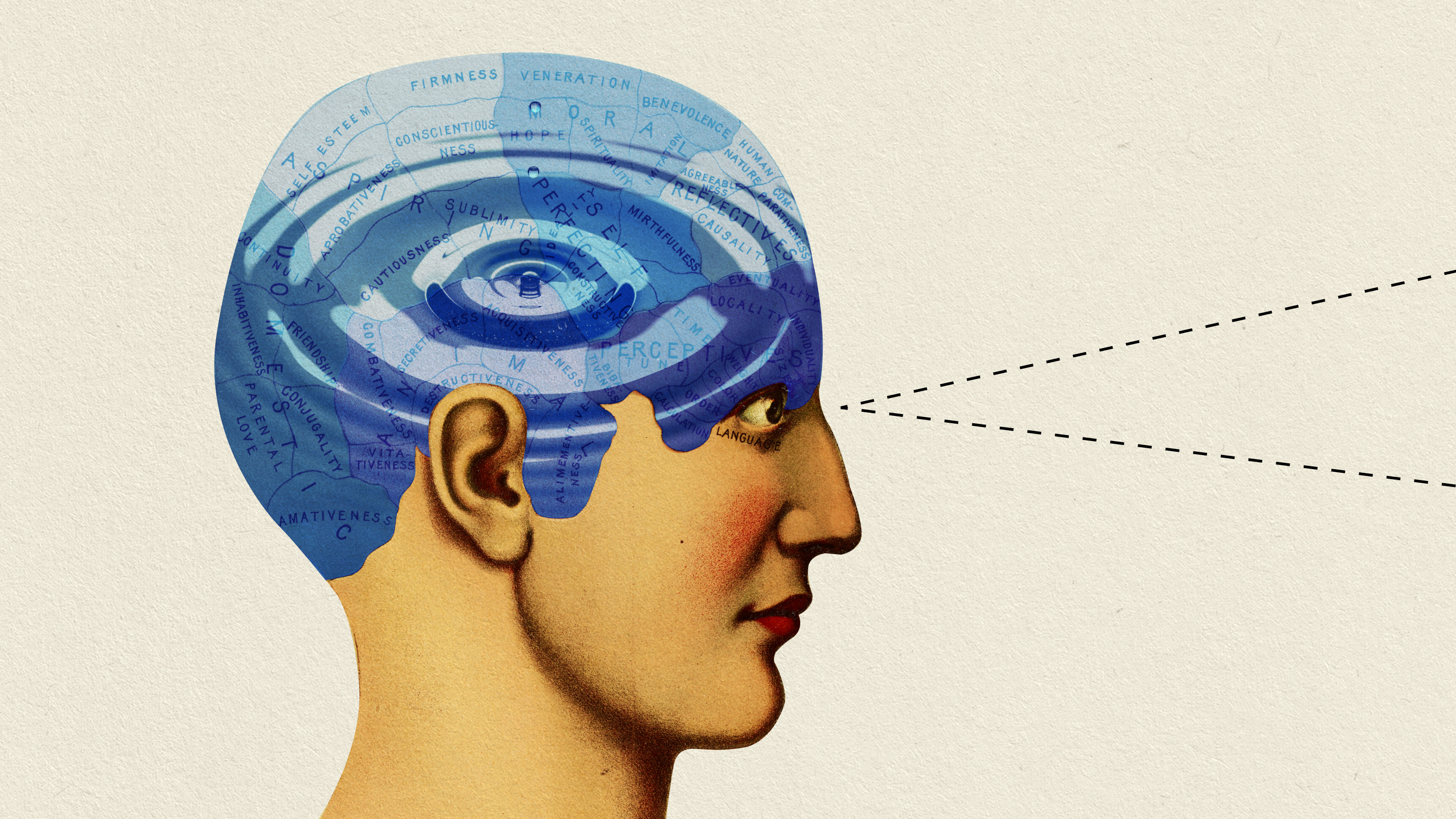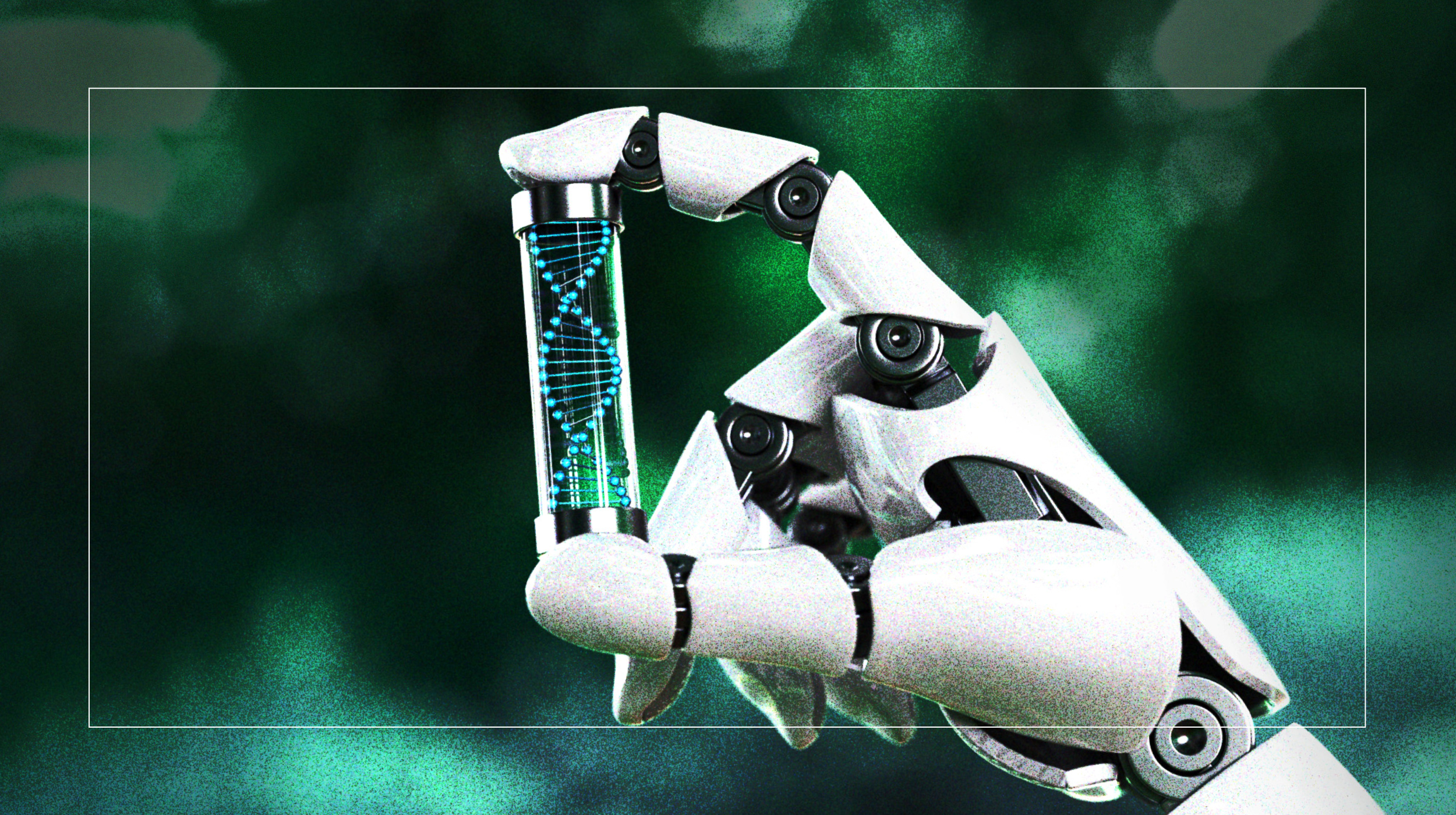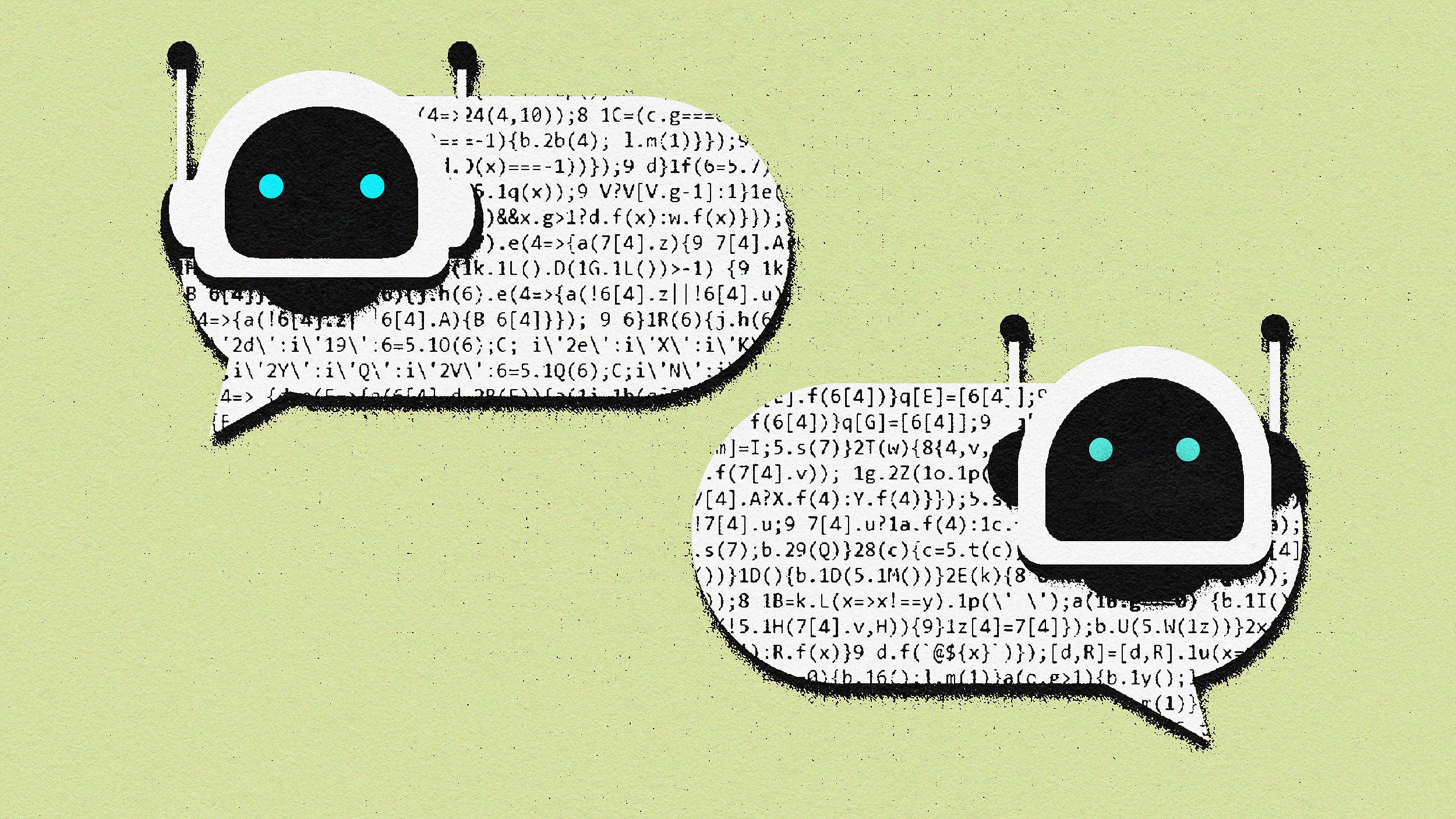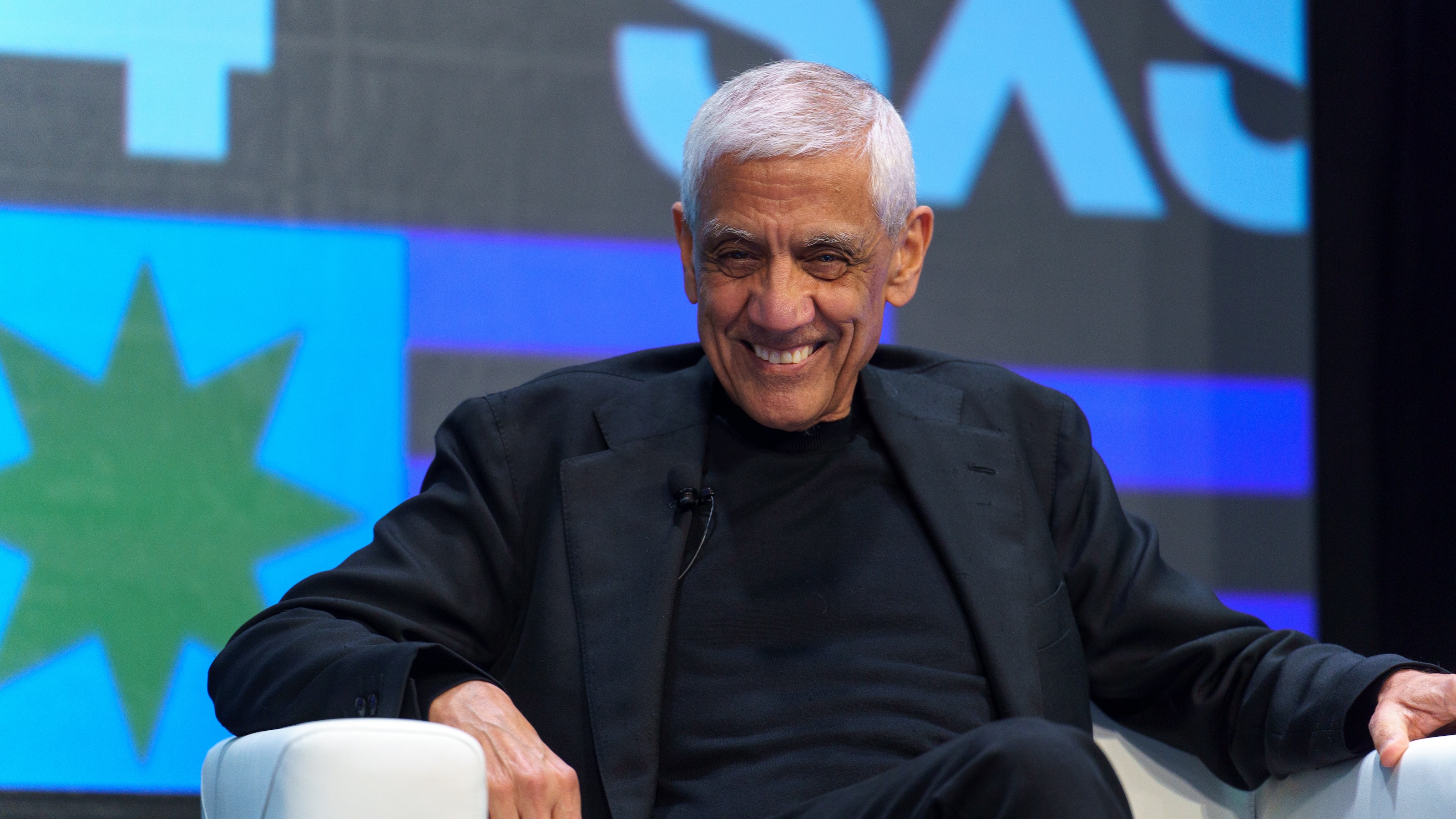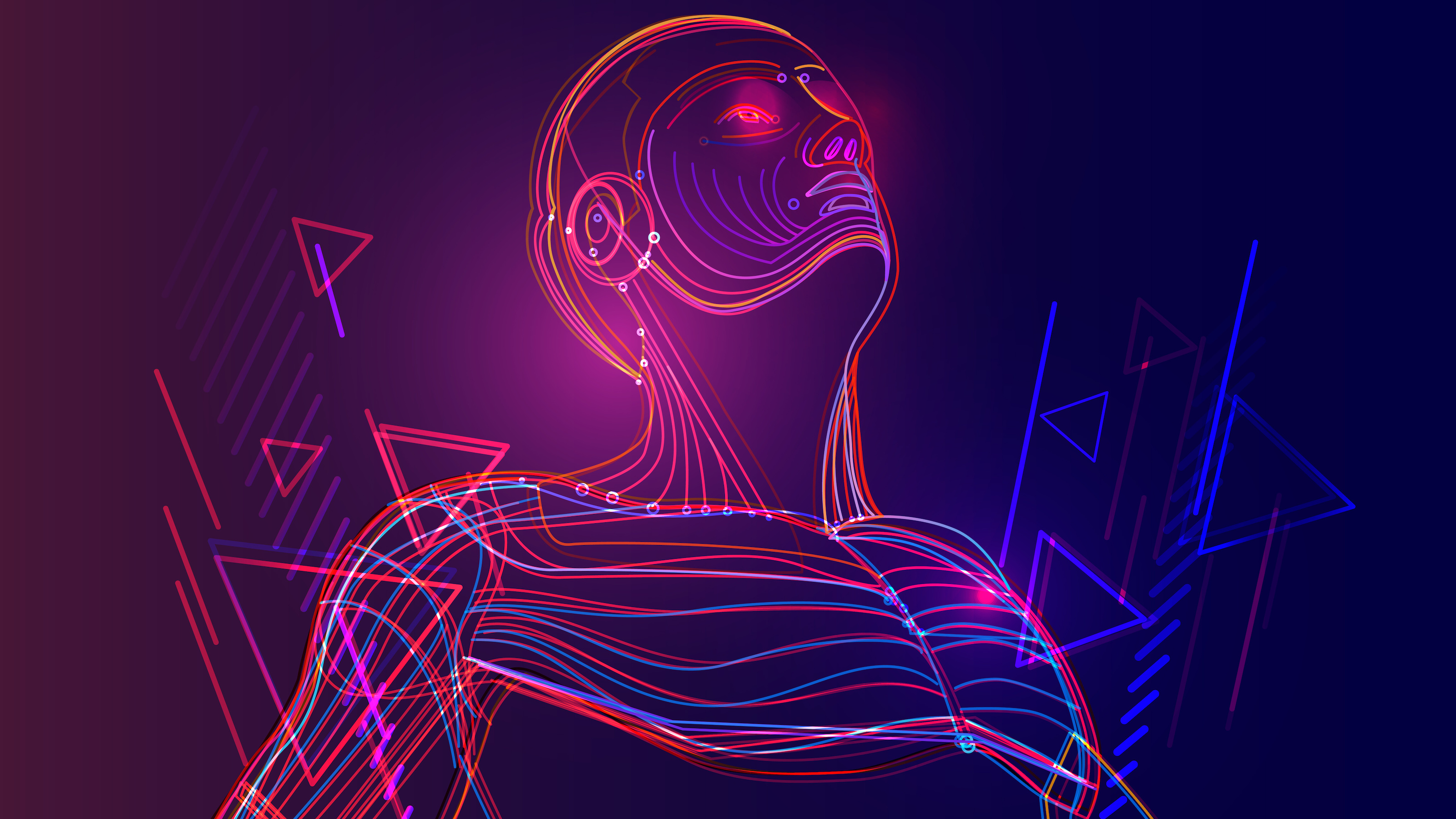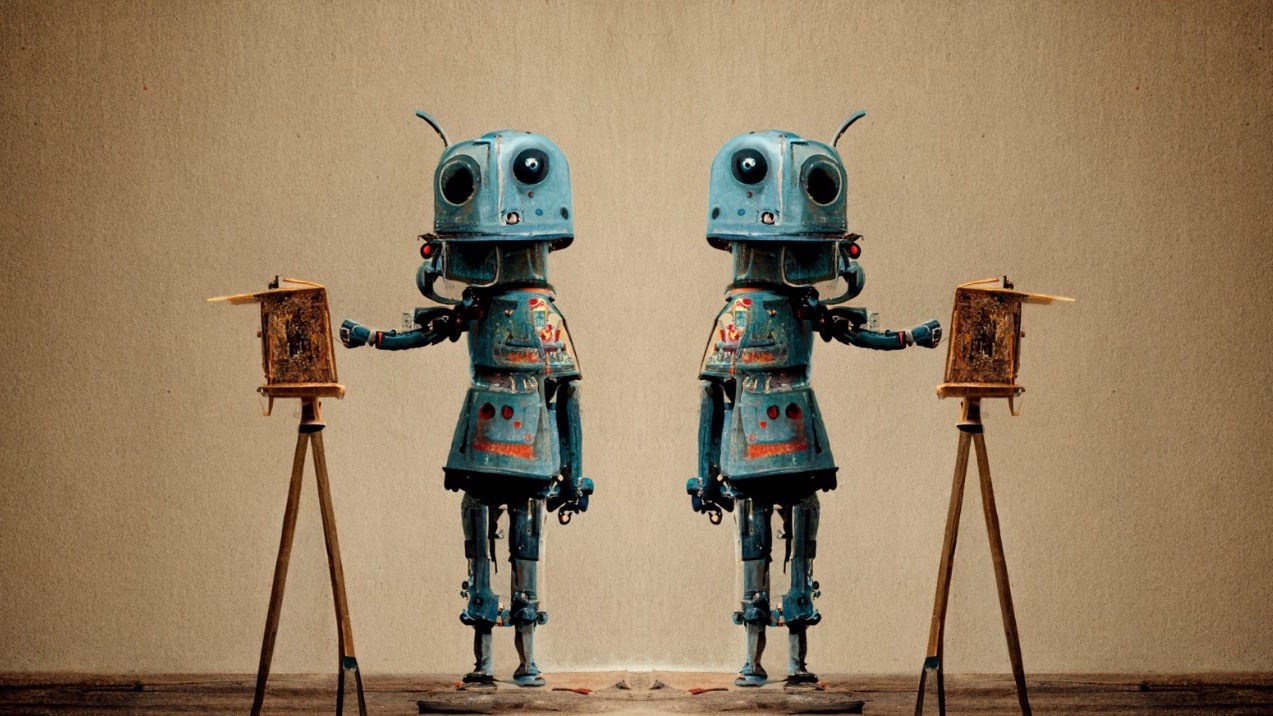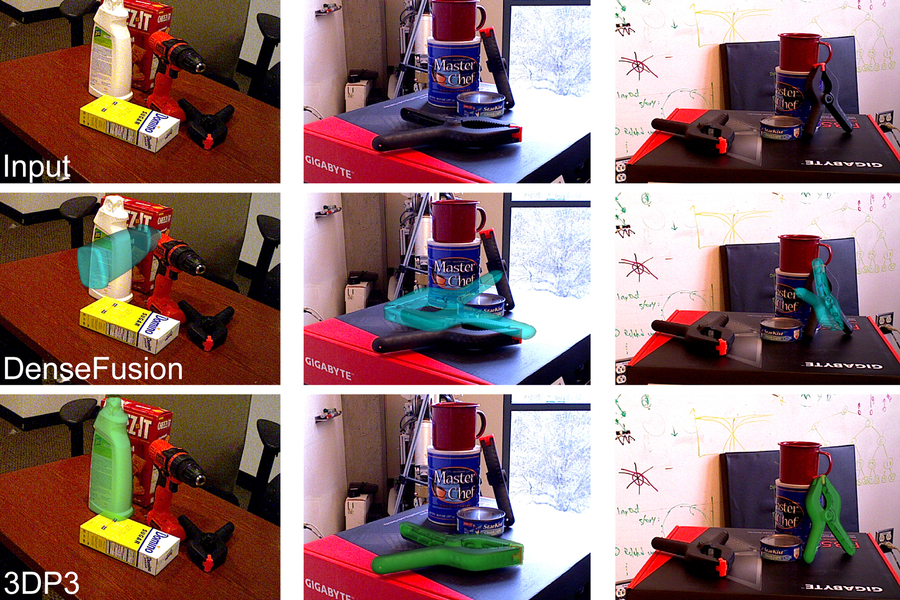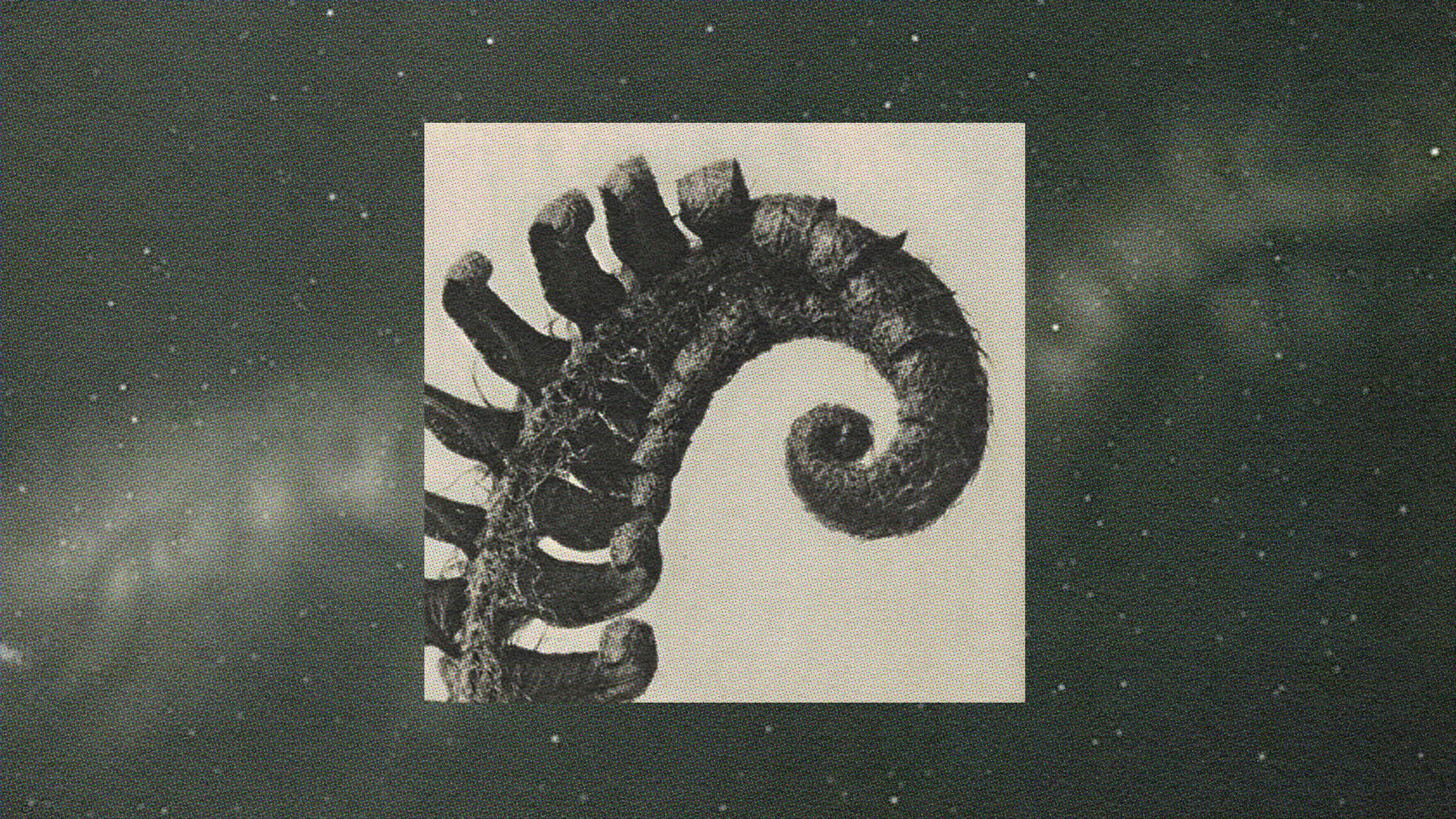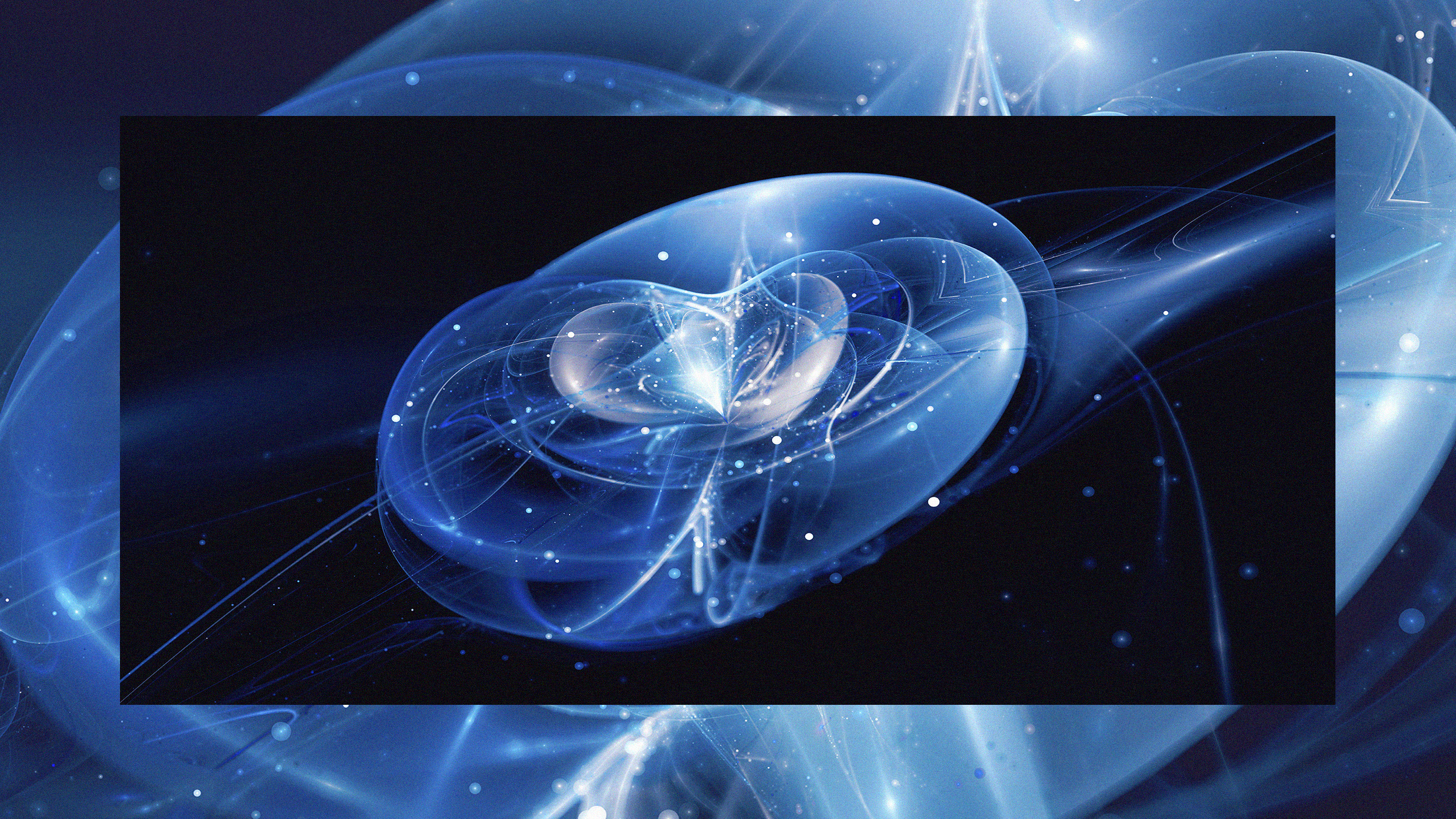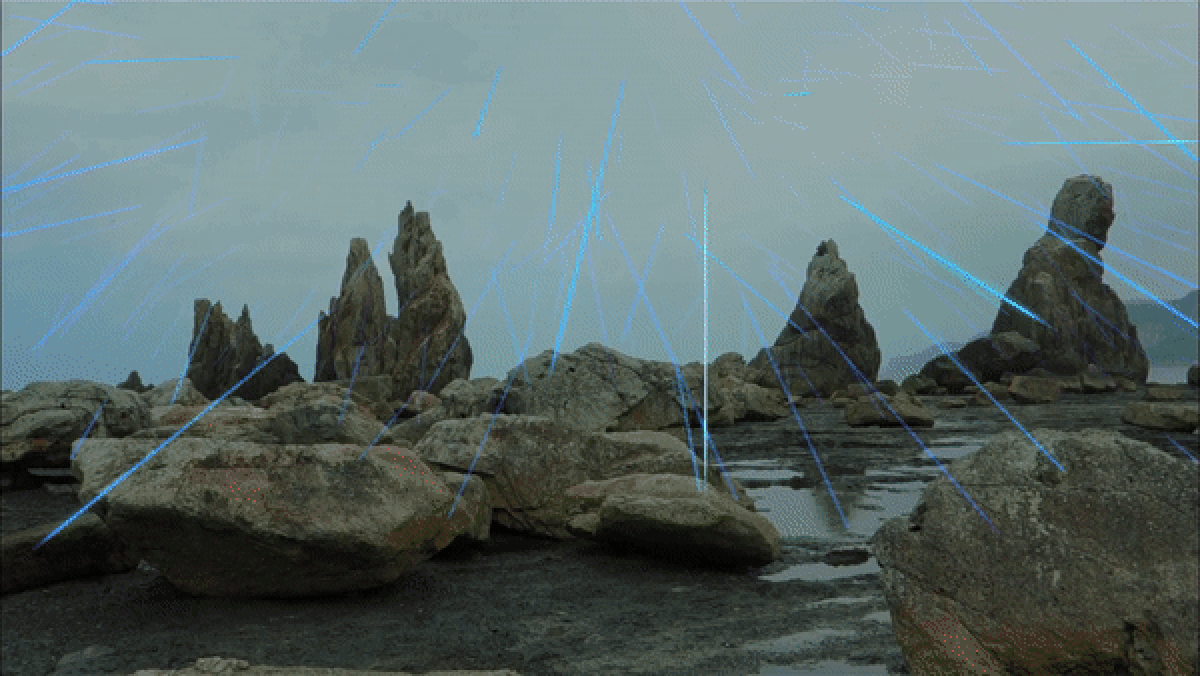The asteroid is expected to come within 140,000 miles of Earth — well inside the moon’s orbit.
Search Results
You searched for: Computers
Welcome to The Nightcrawler — a weekly newsletter from Eric Markowitz covering tech, innovation, and long-term thinking.
Unraveling the subtle mechanics of luck can help us better steer the wheel of fortune.
It’s good to be a wallflower. But sometimes, you need to show yourself off a bit.
Once students master the basics of math, they are allowed to use calculators. The same should be true of writing and ChatGPT.
Kurzweil predicts that AI will combine with biotechnology to defeat degenerative diseases this decade. Then things will get really interesting.
Named “Phoenix,” this AI-powered humanoid could be your next coworker.
The whole isn’t greater than the sum of its parts; that’s a flaw in our thinking. Non-reductionism requires magic, not merely science.
A new AI lie detector can dive into their hidden thoughts and reveal “what language models truly believe about the world.”
According to author and entrepreneur Steven Kotler, at some point this century, we will confront the prospect of immortality.
▸
with
Science isn’t synonymous with technology; it’s about a way of thinking.
Considering the astronomical occupational risks, life insurance was prohibitively expensive for the first NASA astronauts.
Even with the best technology imaginable, you’d probably never be able to exist as a consciously aware brain in a vat.
Brain activity may be more like “ripples in a pond” rather than signals sent on a telecommunications network.
The digital world will always entail risks for teens, but that doesn’t mean parents aren’t without recourse.
The emergence of life in the universe is as certain as the emergence of matter, gravity, and the stars. Life is the universe developing a memory, and our chemical detection system could find it.
Studying why innovation clusters form can shed light on how to better promote research and growth.
“Hardcore History” host Dan Carlin recently spoke with Big Think about the history of humanity’s drive to create — and whether or not we can control it.
Welcome to The Nightcrawler — a weekly newsletter from Eric Markowitz covering tech, innovation, and long-term thinking.
It is little more than a fancy excuse for escapist fantasizing.
Who should be compensated?
A new “common-sense” approach to computer vision enables artificial intelligence that interprets scenes more accurately than other systems do.
Science will lead us to a universal morality and a cosmic religion.
In “Life As No One Knows It,” Sara Imari Walker explains why the key distinction between life and other kinds of “things” is how life uses information.
It has already been trialed in people and could give us a better way to analyze and stimulate the brain.
Six visionary science fiction authors on the social impact of their work.
U.S. particle physicists recently recommended a list of major research projects that they hope will receive federal funding.
Lost in a building or underwater? A new muon-based navigation system could be your guide.



